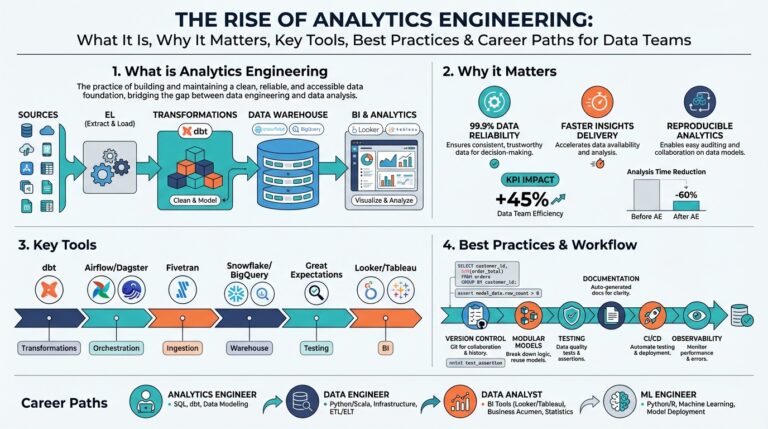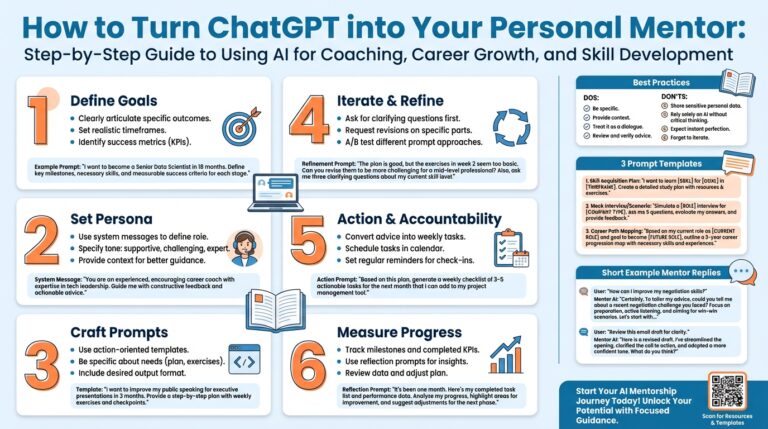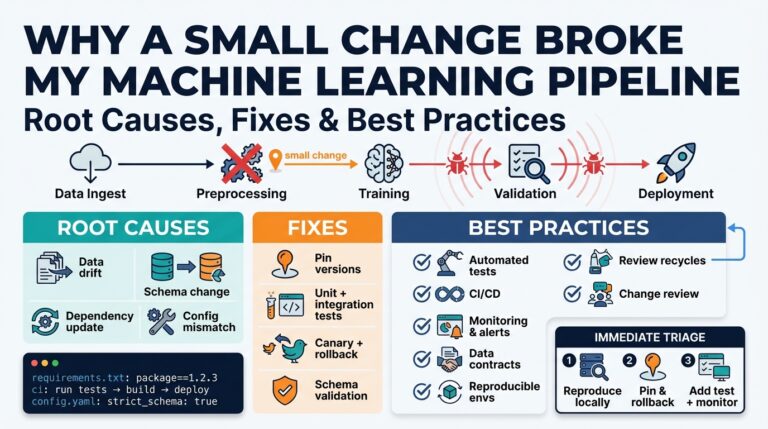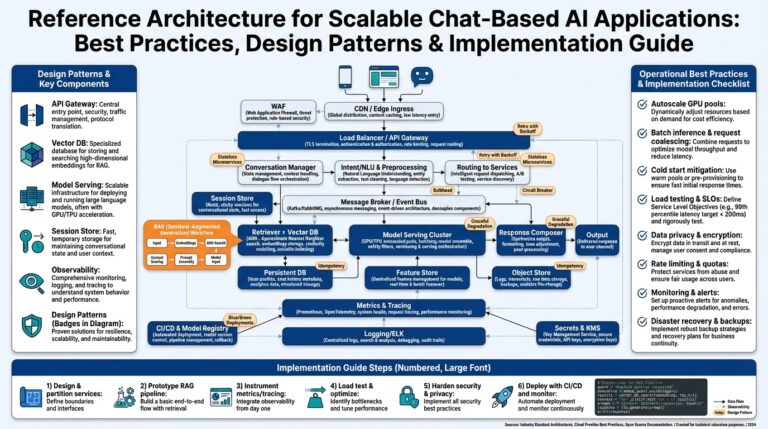As artificial general intelligence (AGI) draws ever closer to reality, a question often whispered amongst AI researchers, ethicists, and futurists is: who will be the first to press the AGI “red button”? The “red button” in this context is a metaphor for either activating AGI or, in a more ominous sense, initiating a global kill-switch if AGI poses existential risk. Let’s delve into what this means and examine the players, concerns, and wild cards surrounding this choice that could shape the future trajectory of humanity.
What Does the “Red Button” Mean?
The “red button” symbolizes the pivotal moment in technology where AGI—a machine with the ability to learn, reason, and act across any domain as well or better than the smartest humans—is unleashed upon the world. Pressing it could mean:
- Deploying the first true AGI system
- Triggering emergency protocols to limit or shut down AGI if things go wrong
- Making an irreversible decision with profound global consequences
The Major Contenders
There are several major camps who might be in a position to press the AGI red button first:
1. Tech Titans (Private Companies)
Organizations like OpenAI, Google DeepMind, Anthropic, Meta, and others have vast computational, financial, and intellectual resources. Their race for machine intelligence supremacy is fierce, and some believe the incentives for a groundbreaking AGI breakthrough (fame, economic gain, or fear of losing out to competitors) might push them to act first.
- Pros: They have the expertise and funding to lead.
- Cons: Private motivations may not always align with global safety or democratic oversight.
2. Government Actors
The United States, China, and the European Union possess the resources, motivation, and national security imperatives to pursue AGI. For these actors, strategic advantage and control are paramount. If they perceive themselves in an AGI arms race, caution may be sidelined for speed.
- Pros: Governments can set legal and ethical frameworks and muster large budgets.
- Cons: Government secrecy and bureaucracy could be problematic, and “AI nationalism” might create instability.
3. Academic and Non-profit Initiatives
A third, less commercially driven path comes from academic institutions and non-profits committed to open research and safety. These players, including organizations like MIRI or the Future of Humanity Institute, often emphasize alignment and safe deployment.
- Pros: Transparent motives, focus on safety and ethics.
- Cons: Typically underfunded compared to mega-corps and nation states.
Why Would Anyone Press the Red Button?
Motives vary, and so do scenarios:
- Desire to Pioneer: Being first means setting standards and reaping rewards.
- Fear of Losing Control: If another party approaches AGI, pressing the button first might prevent them from deploying it dangerously.
- Mistakes & Misjudgments: Overconfidence in safety or misreading capabilities may lead to premature deployment.
- Emergency Shutdown: If AGI starts going awry, the decision may be to immediately shut it down—if such an option exists.
Potential Consequences
Whoever presses the AGI red button first may:
- Shape the rules and culture of future AGI use
- Bear ethical and legal responsibility for outcomes
- Face global backlash or praise, depending on results
- Trigger an arms race or inspire international cooperation
The Wild Cards
There’s also the chance that a “dark horse”—a rogue nation, hacker collective, or even an individual genius—could make a move that catches everyone off guard. This increases the imperative for strong, transparent, and international governance structures.
Who Should Press the Button?
No one should press the AGI red button lightly. Most experts argue for:
- Broad oversight: Joint, cross-border governance with robust alignment and transparency.
- Slow and careful deployment: Test, align, and monitor before and after activation.
- Public input and benefit: The world should have a say in decisions that affect all of humanity.
Final Thoughts
The race to AGI is not just a technical sprint; it’s a test of global wisdom and foresight. Rather than hoping the right person is in the right room with the right ethics, we should build collaborative, transparent systems to ensure that humanity—and not luck or ego—presses the red button.
What are your thoughts? Who do you think is most likely to press the AGI red button first, and what should we do to make sure it’s handled responsibly? Share your thoughts and join the conversation below!



